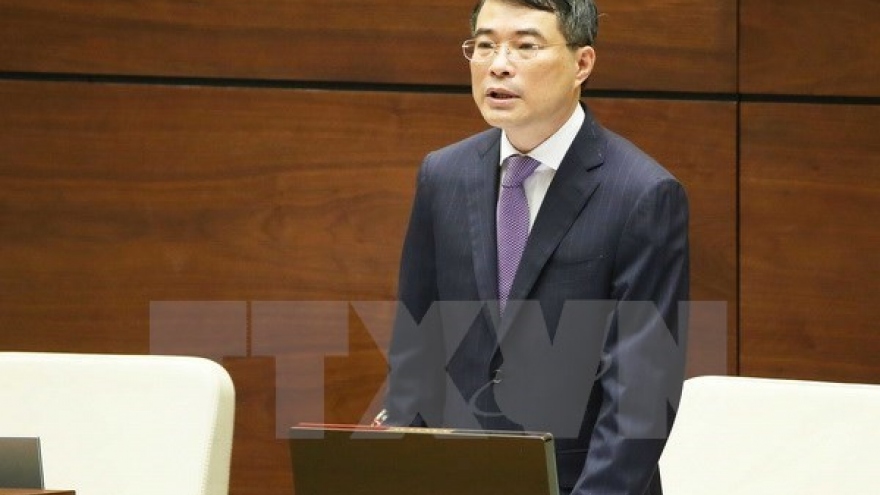Lawmakers question about judicial, economic corruption issues
Deputies raised a number of questions about measures to improve the quality of judicial work and the settlement of economic corruption cases at the Q&A session of the ongoing fourth sitting of the 14th National Assembly in Hanoi on November 18.
 |
The Supreme People’s Court has issued standard procedures for the building of precedents and planned to establish a national legal precedent advisory council, he said, adding that in the future, this will help remove certain difficulties in the reality.
“We will apply not only the precedents of Vietnam but also that of the world,” he noted.
Since the beginning of this year, the court publicised 32,318 verdicts, which received positive comments from the public as well as constructive opinions, Binh said, adding that the announcement of verdicts on the Internet is in line with the court’s principles of publicity and transparency.
Verdicts relating to juveniles will not be publicised, he noted.
The court has decided to supplement one more judge for each district with the number of cases averaging 12, while encouraging judges to raise responsibility and improve their profession and ethics.
Since 2016, the court sector has stopped the selection of judges and it is proposing the NA Standing Committee to increase the number of judges to 6,000 according to the situation in each locality, Binh answered.
Fielding questions about major economic corruption cases in 2017, the Chief Justice was joined by Minister of Public Security To Lam who admitted some restrictions in legal normative regulations in preventing and combating corruption.
The coordination between relevant agencies is still limited, he said. Therefore, the Ministry of Public Security will step up coordination with investigation, audit, court, and customs agencies in the coming time to speed up the investigation of corruption cases, he added.
Prosecutor General of the Supreme People’s Procuracy Le Minh Tri took part in the session, saying his institution has proposed the central Steering Committee on preventing and combating corruption coordinate with the Supreme People’s Court, the Ministry of Public Security and the Ministry of Justice to build a joint circular stipulating necessary inspection cases to prevent the prolonged settlement of corruption cases.
National Assembly Chairwoman Nguyen Thi Kim Ngan recognised positive changes in the judicial work and pointed to shortcomings in the field.
She urged the court sector to proactively implement judicial codes, legal regulations, and resolutions as well as promulgate execution guidance documents.
The top legislator also requested improving the quality of inspection, prosecution, and judgement.



